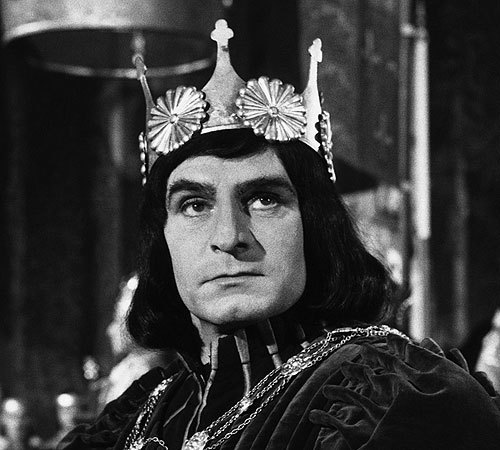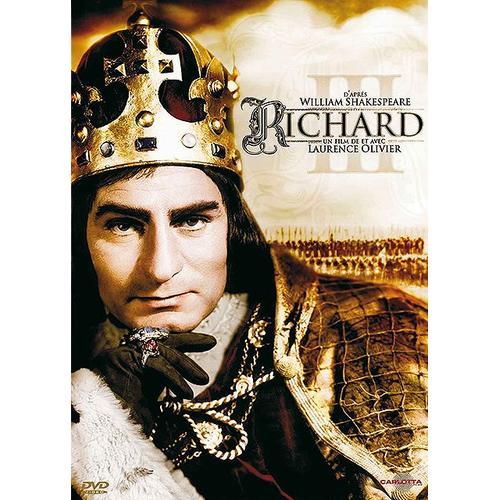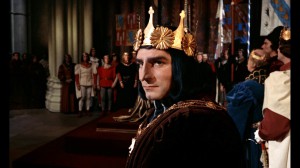

Its dreamy and solemn shots of this sceptr’d isle that preceded the ceremony were a kind of cinematic-poetic version of a BBC outside broadcast. This movie, which was nominated for an Oscar and actually won a Golden Globe, was intended as a permanent record, shot in almost surreally rich Technicolor, and cut to 80 minutes. The BBC’s TV coverage, which inspired a whole generation to buy televisions, was long, lugubrious and in black-and-white. In fact, Charles has had a minor role in a coronation movie – as a little boy waving from the Buckingham Palace balcony – in the stately but brash Rank documentary A Queen Is Crowned from 1953 it was produced by British film-maker Castleton Knight, written by Christopher Fry and narrated with outrageous hamminess by Laurence Olivier, channelling his wartime Henry V.

But for Charles, all this has a tenuous relevance: he might find more kinship with King Lear and his difficult children.

(Kenneth Branagh’s Henry V contrived a flashback to the same traumatic moment.) David Michôd’s The King (2019) was another Henriad, this time with Timothée Chalamet as Henry, but his coronation was a more religiose/pagan affair, with the young Henry stripped to the waist, and no intrusions from Falstaff. Photograph: Alpine Filmsįor Hal, this moment is the coronation, the moment of assuming adult responsibilities and ruthlessly discarding the past. Icy … Keith Baxter’s Hal in Welles’s Chimes at Midnight. Keith Baxter’s Hal – his face nightmarishly shot from below, from Falstaff’s supplicant position, in fact – humiliates Welles’s desperately cringing rascal, when this scapegrace former pal presumes to approach him on the day itself, sensationally disrupting the ceremony: “I know thee not old man.” Now he is 74 and, if anything will cloud the experience for him, it might be the memories of his parents’ recent (and comparably momentous) funerals.īut how do we imagine he will feel about his role in this sumptuous ritual which is in its way a survival from Britain’s pre-Reformation Catholic past? And is there anything in the movies to help us? The most famous coronation scene in cinema comes to us via Shakespeare, in the form of Henry’s icy rejection of Falstaff on his coronation day in Orson Welles’s Chimes at Midnight, his concatenated mashup of Richard II, both parts of Henry IV and Henry V. He is a veteran of royal occasions by the thousand and, specifically, his own two weddings which he experienced at the ages of 32 and then 56 perhaps he once imagined his coronation would happen sometime between these two.

Yet there is no reason to suppose he will be nervous. O n the morning of Saturday 6 May, King Charles III will waken to the realisation that this is the day which he has anticipated, or perhaps dreaded, all his life.


 0 kommentar(er)
0 kommentar(er)
